Description
Polycystic ovary syndrome (PCOS) is a prevalent endocrine disorder affecting women of reproductive age. This condition arises from an imbalance in sex hormones, particularly estrogen and progesterone. Women with PCOS often have enlarged ovaries containing multiple small fluid-filled sacs called follicles, visible through an ultrasound examination. Symptoms can include infrequent or prolonged menstrual periods, excess hair growth, acne, and obesity. In adolescents, infrequent or absent menstruation may raise suspicion for the condition. Polycystic ovary syndrome signs and symptoms typically begin shortly after a woman first starts menstruating (menarche), but PCOS can also develop later in response to significant weight gain or other factors. The severity and combination of symptoms can vary widely among women.
Recognizing the Signs and Symptoms of PCOS:
PCOS manifests through a range of signs and symptoms that can differ from one woman to another. Some of the common indicators include:
- Menstrual Irregularities: Infrequent, irregular, or prolonged menstrual cycles are typical in women with PCOS.
- Excess Hair Growth: Also known as hirsutism, this symptom involves excessive hair growth on the face, chest, and other parts of the body.
- Acne and Skin Issues: Women with PCOS often experience acne and oily skin.
- Obesity and Weight Gain: Many women with PCOS struggle with weight gain and find it difficult to lose weight.
- Hair Thinning: PCOS can lead to thinning hair or male-pattern baldness.
- Darkening of the Skin: Patches of dark skin, particularly around the neck, groin, and under the breasts, are common.
Effective Polycystic Ovarian Treatment Approaches:
Managing PCOS involves a multifaceted approach tailored to the individual’s specific symptoms and health goals. Here are some of the most effective polycystic ovarian treatment strategies:
- Lifestyle Modifications: Making healthy lifestyle changes is often the first line of defense in polycystic ovarian treatment. This includes:
- Dietary Adjustments: Adopting a balanced diet rich in fruits, vegetables, lean proteins, and whole grains can help regulate insulin levels and support weight management.
- Regular Exercise: Engaging in regular physical activity can improve insulin sensitivity, aid weight loss, and reduce symptoms of PCOS.
- Medications: Various medications can help manage the symptoms of PCOS, including:
- Hormonal Birth Control: Birth control pills, patches, or vaginal rings can regulate menstrual cycles, reduce androgen levels, and alleviate symptoms like excess hair growth and acne.
- Metformin: This medication, commonly used for type 2 diabetes, can improve insulin resistance and help with weight loss.
- Anti-Androgens: Medications such as spironolactone can block the effects of androgens and reduce excessive hair growth and acne.
- Fertility Treatments: For women with PCOS who are trying to conceive, fertility treatments can be effective. Options include:
- Clomiphene: This oral medication stimulates ovulation.
- Letrozole: Originally developed for breast cancer treatment, letrozole can also stimulate ovulation.
- In Vitro Fertilization (IVF): IVF is an option for women who do not respond to other treatments.
- Alternative Therapies: Some women with PCOS find relief through alternative therapies, such as:
- Acupuncture: Acupuncture may help regulate menstrual cycles and improve insulin sensitivity.
- Supplements: Inositol and omega-3 fatty acids are among the supplements that may benefit women with PCOS.
Personalized Polycystic Ovarian Treatment Plans:
It’s crucial to work closely with a healthcare provider to develop a personalized polycystic ovarian treatment plan that addresses your specific symptoms and health goals. Regular monitoring and adjustments to the treatment plan can help manage PCOS effectively and improve your quality of life.
Polycystic ovary syndrome is a complex condition that requires a comprehensive and individualized approach to treatment. By incorporating lifestyle changes, medications, fertility treatments, and alternative therapies, women with PCOS can manage their symptoms and improve their overall health. If you suspect you have PCOS or are struggling with its symptoms, consult a healthcare professional to explore the best polycystic ovarian treatment options for your needs. Embrace a proactive approach to managing PCOS and take control of your health and well-being with effective polycystic ovarian treatment strategies.

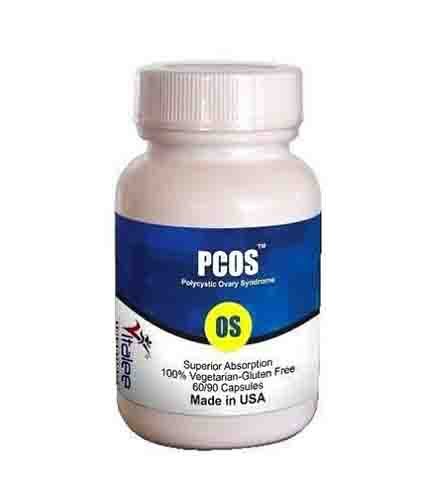
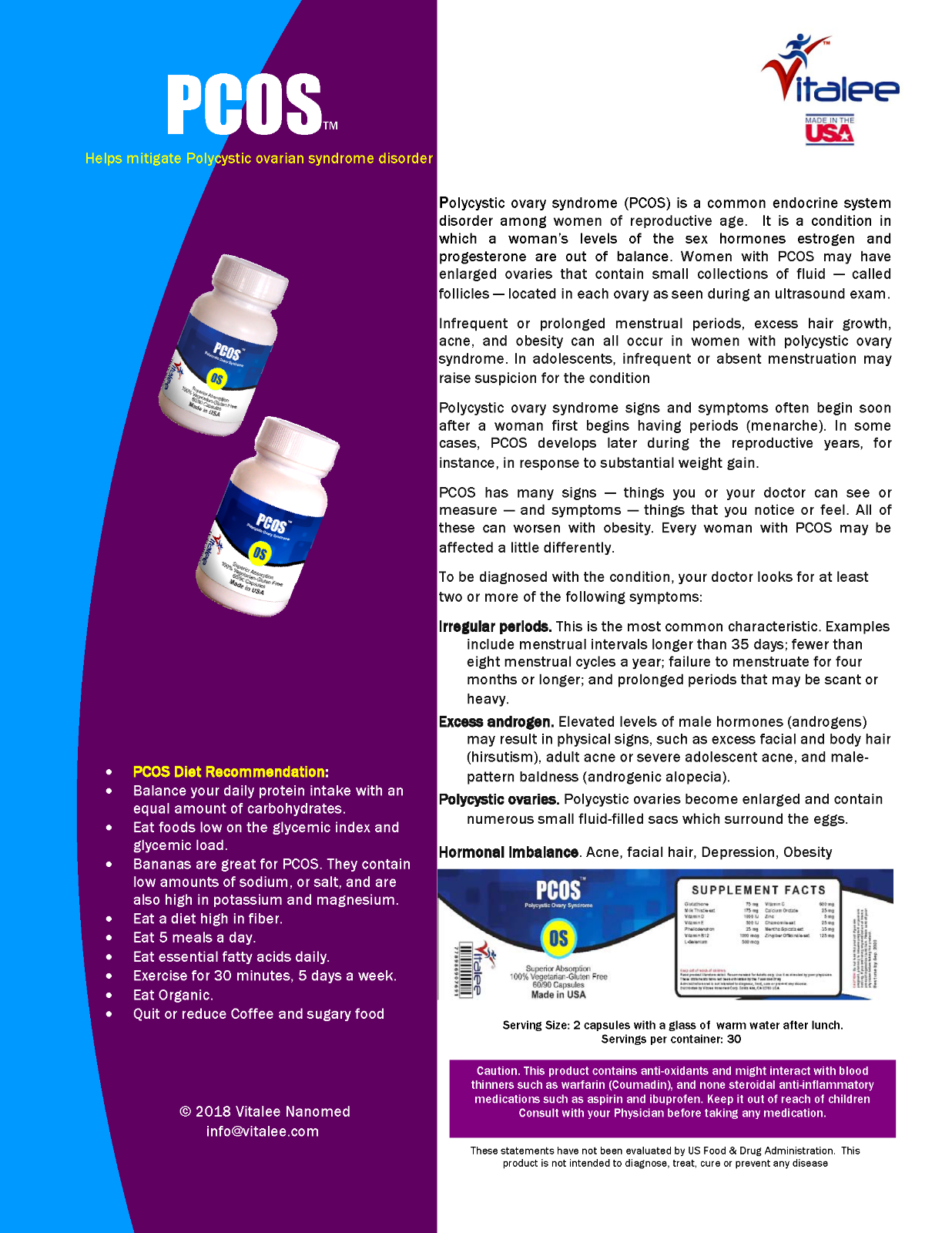



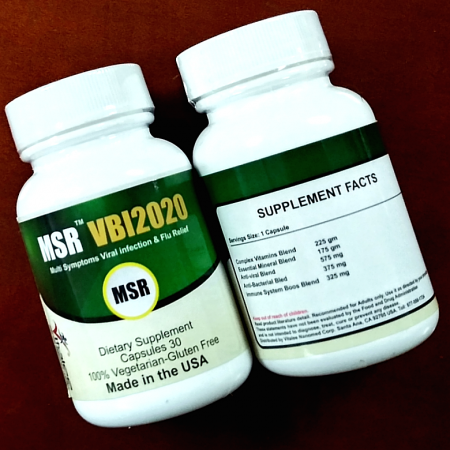
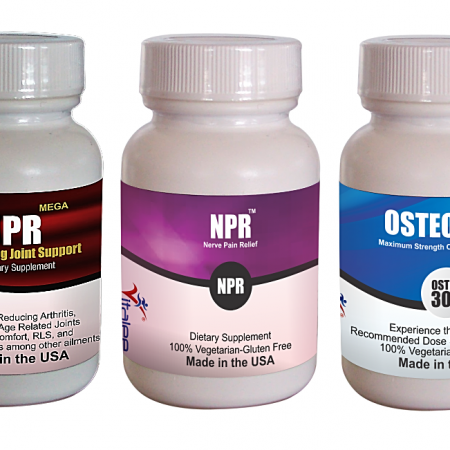
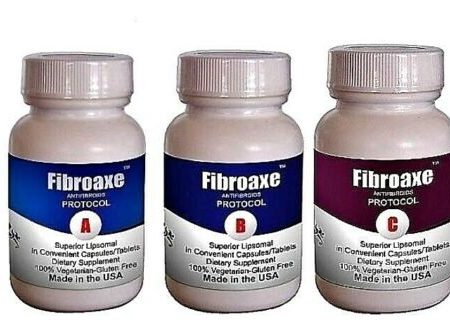
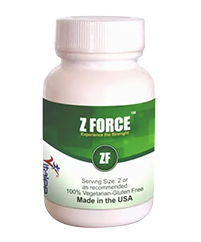
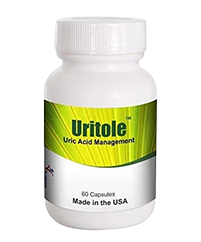

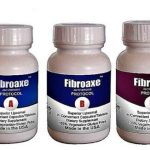
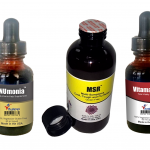
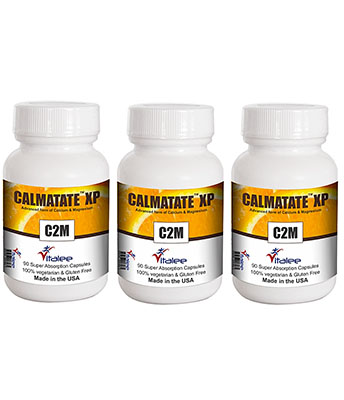

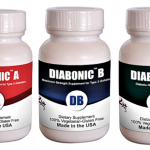
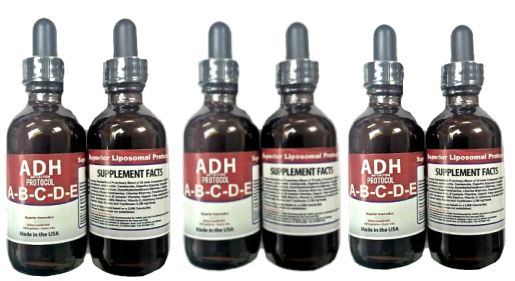
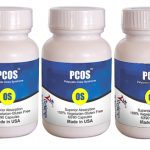
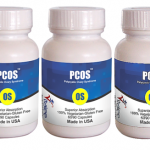

Ajay –
Great product